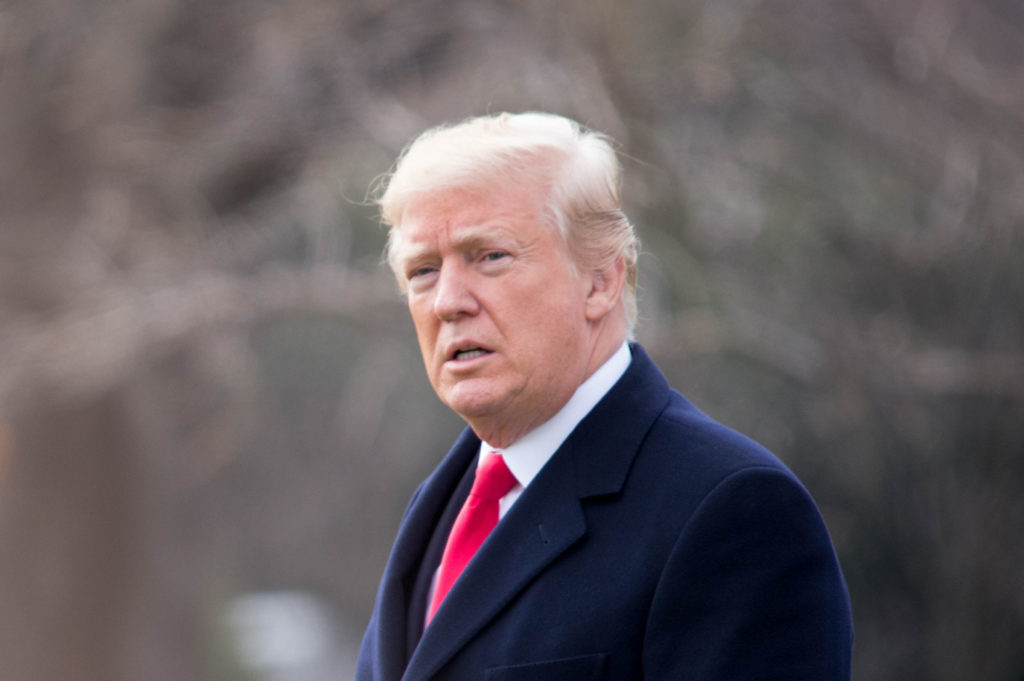Donald Trump has become the train wreck no one wants to look at

Among Donald Trump’s regular bellwethers are his ratings – how many people tune into the news every night because he’s somehow influencing it. It’s why he felt calling Roseanne Barr to congratulate her on her new show was more important than responding to a natural disaster in a state that didn’t vote for him. It’s also why he coordinated much of his presidency in the format of a reality TV show when it came to things like SCOTUS announcements, and it’s also because of TV ratings that his presidency managed to stay intact for as long as it did.
For that matter, it’s largely the only reason that he’s still a viable candidate for president in 2024. Accurately and objectively reporting on his scandals and why he was horribly unqualified for the job should have been enough to end him (though the media never quite did that), and his antics were actually good for keeping viewers tuned in in the first place.
Now the numbers are beginning to tell a different story. The Republican National Convention sagged in viewer ratings compared to the 2020 election – a largely dull and joyless affair that would probably be completely forgotten if delegates didn’t wear oversize ear bandages on the last night. Now it turns out that the much more charismatic and upbeat Democratic National Convention is raking in the ratings, with a 21% jump over the RNC’s ratings and over two million more viewers just on the first night.
This is a number only likely to jump up as we still have yet to see Kamala Harris formally accept the nomination and speak, as well as hear Tim Walz speak on Wednesday night. This isn’t as big of a deal to us as it might seem to Donald Trump – but it shows the same pattern of strong enthusiasm behind the Harris-Walz ticket that we’ve been seeing play out week after week and it gives a solid incentive for the media to cover Harris’ rallies in the future as the former guy quickly sees himself become irrelevant.
James Sullivan is the assistant editor of Brain World Magazine and an advocate of science-based policy making
